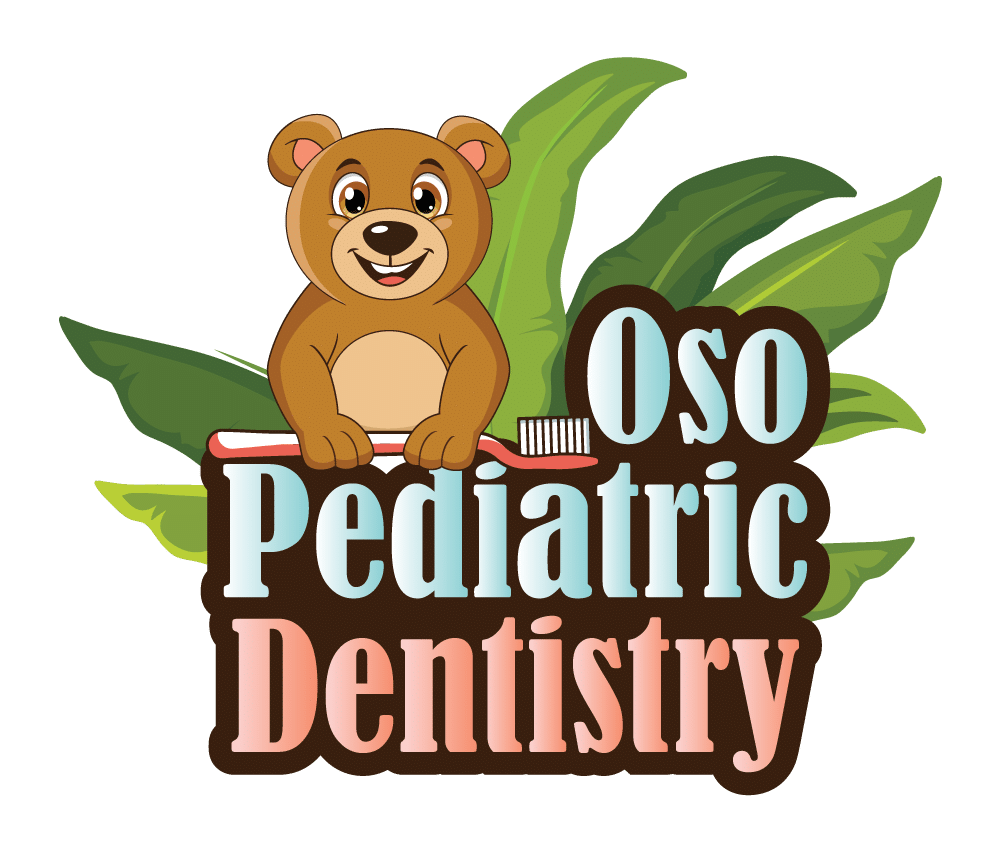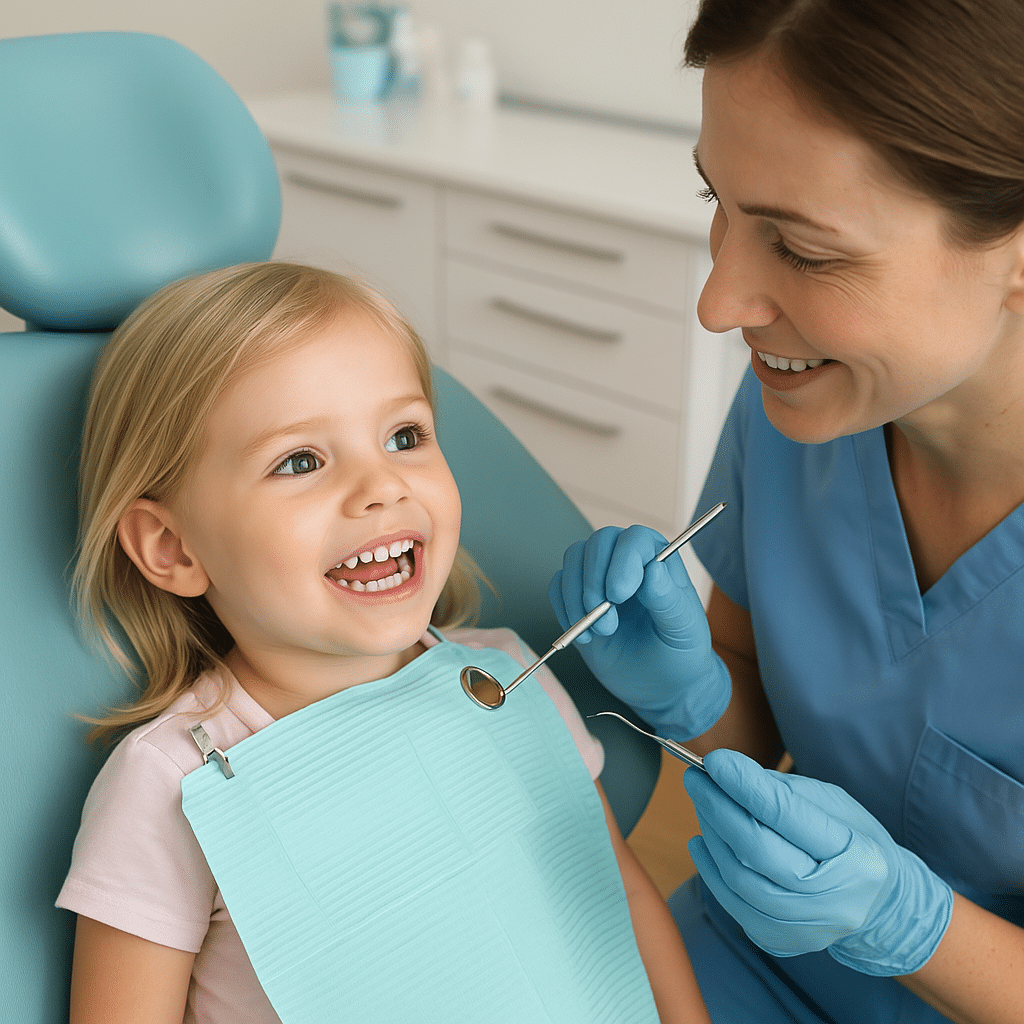As parents, it’s easy to assume that baby teeth aren’t a big deal—after all, they fall out eventually. But in reality, baby teeth play a vital role in your child’s health, development, and future smile. Ignoring their care can lead to serious dental and even overall health problems.
In this article, we’ll explain the importance of baby teeth, what can go wrong if they’re not treated properly, and how early dental care sets the foundation for a lifetime of healthy habits.
What Are Baby Teeth and When Do They Erupt?
Baby teeth, also known as primary teeth, begin to erupt around 6 months of age and are usually all in by the age of 3. Children typically have 20 baby teeth, which begin to fall out around age 6 to make room for 32 permanent teeth.
Though temporary, these teeth serve several critical purposes that go far beyond helping kids chew food.
Why Are Baby Teeth So Important?
1. They Guide Permanent Teeth Into Place
Baby teeth act as natural placeholders for permanent teeth. If a baby tooth is lost too early due to decay or trauma, neighboring teeth may shift into the empty space. This can lead to crowding, misalignment, or impacted adult teeth, increasing the need for future orthodontic treatment.
2. They Help with Chewing and Nutrition
Healthy baby teeth allow children to chew food properly, which is essential for good digestion and proper nutrition. If a child is in pain or avoids certain foods, their growth and development can be affected.
3. They Support Speech Development
Certain sounds require specific tooth positions to pronounce clearly. Missing or damaged teeth can interfere with speech development, causing delays or articulation issues that may require therapy later.
4. They Affect Self-Esteem and Confidence
Children become aware of their appearance early on. Decayed, broken, or missing front teeth can cause embarrassment and social anxiety, especially in preschool or early elementary school settings.
What Happens If Baby Teeth Aren’t Treated?
Ignoring cavities or dental infections in baby teeth can result in:
- Severe pain and discomfort
- Swelling or abscesses
- Spread of infection to other parts of the body
- Difficulty eating, speaking, and sleeping
- Damage to the developing permanent tooth underneath
Infections in baby teeth can reach the nerve and spread to the jaw or bloodstream in extreme cases. Early intervention is always safer and more cost-effective than waiting.
When Should Dental Care Begin?
The American Academy of Pediatric Dentistry recommends that children see a dentist by age one or within 6 months of the first tooth erupting. These early visits help detect problems before they become serious and teach parents how to care for their child’s teeth at home.
Regular check-ups every six months are essential, even for toddlers. Pediatric dentists monitor growth, apply fluoride treatments, and provide sealants when needed—all of which help prevent decay and preserve oral health.
How to Keep Baby Teeth Healthy
Good oral hygiene begins at home and includes:
✅ Brushing twice a day with a soft-bristled toothbrush and a smear of fluoride toothpaste (for kids under 3)
✅ Flossing daily as soon as two teeth touch
✅ Avoiding sugary snacks and drinks—especially sticky or chewy ones
✅ Encouraging water over juice or soda
✅ Scheduling regular dental visits for preventive care
Why Early Habits Matter
Teaching children the importance of brushing and caring for their teeth from a young age helps form positive habitsthey’ll carry into adulthood. It also helps reduce dental anxiety by making visits to the dentist feel routine and non-threatening.
Compassionate Pediatric Care at OSO Pediatric Dentistry
At OSO Pediatric Dentistry, we understand how important early dental care is for your child’s health and confidence. Our gentle, experienced team makes visits fun and educational, while helping parents protect their child’s smile every step of the way.
📞 Call us at (805) 204-2910 to schedule your child’s first visit or a routine check-up. Let’s keep those little teeth healthy and strong—for today and for the future.

